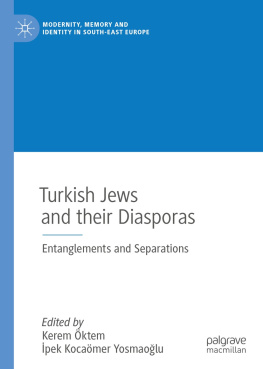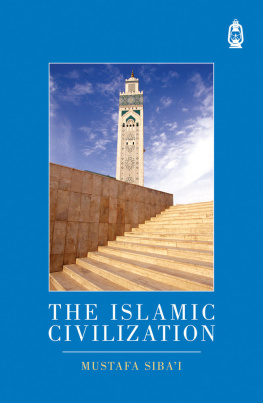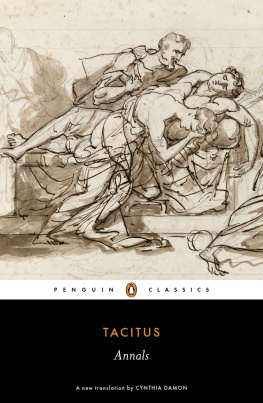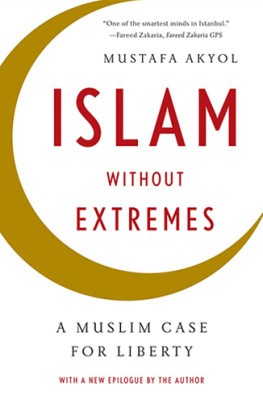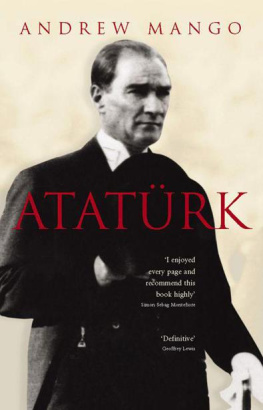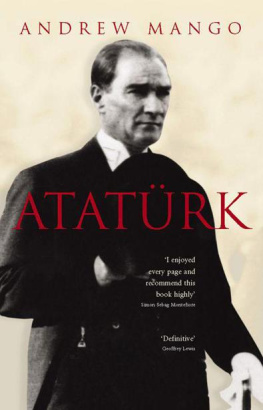TRANSLATORS PREFACE.
History , it has been well observed, is, of all other branches of human knowledge, the most attractive, and best rewards the efforts of research. Even the history of the most ignorant and barbarous nations that have ever peopled the globe, may furnish something, either in their modes of government, in their forms of religion, or in their manners, customs, and laws, which is calculated to amuse or instruct. The knowledge of the springs and motives of human actions, and of their consequent effects, whether auspicious or inauspicious, and which operate more or less powerfully on the destinies of the human race, is, by this channel, conveyed to our minds with a distinctness, perspicuity, and force which cannot, by any possibility, be gained in any other way.
By the investigation of history we become acquainted with points of character of the utmost importance, and arrive at the conviction that good and evil are, in some way or other, combined and interwoven in the affairs of life: and we may often, without difficulty, trace the happiness or misery of millions of human beings to the act of a single individual; and perceive that impressions have thereby been made that stamp, for ages, the moral and intellectual character of mankind.
Without adverting to the rise and downfall of the Roman Empire, out of the dismemberment of which have arisen the principal States of Europe, we would merely refer, at present, to the rise, progress, and establishment of Mohammedanism, the followers of which conquered, sword in hand, the whole of the rich and fertile provinces possessed by that empire in the East.
To trace the rise, progress, and final establishment of the Mohammedan power, from its commencement under Mohammed Mustafa, the prophet of Islamism, and its successive triumphs under the Khalifs, his immediate successors, would be to detail a series of revolutions and successions of dynasties, the most eventful and extensive, the most disastrous and appalling, that have ever taken place on the theatre of our world.
On this department of deep and lasting interest, though it be amply fitted to remunerate the labour of investigation, it is not our intention, did we possess the vanity to conceive ourselves competent for the task, to enter. Moreover, it is unnecessary; because this department of history, in regard at least to its great and leading features, has already been fully and accurately traced and brought within our reach by others, whose talents and means of information rendered them qualified for the undertaking, and whose services, in this respect, can hardly be too much valued.
Our real purpose in offering these few general remarks, is with the view of introducing to the readers notice the learned and laborious Turkish annalist, Naima , who favoured his countrymen with a connected narrative of the most important and interesting events which had transpired within the Turkish dominions for the space of seventy years. In this he has given a detailed account of all the wars, offensive and defensive, foreign and domestic, in which the Turks had been engaged during that period, besides other incidents of importance, and negociations and treaties, friendly and commercial, with foreign powers. The importance and value of this authors labours induce us to recommend to the readers perusal the annexed volume of Translation, which contains within its pages the first twenty-eight years of the above Narrative or History, or about one-fourth of the whole work. We shall reserve for a succeeding paragraph, our remarks on this work, and in the meantime proceed to observe in general, that the foundation of the Turkish power seems to have begun with the accession of Osmn or Othman I. to the rank of emr of the Oguzian tribe of Ttrs in room of Ortogrul, his father, the last sultn of Iconium, who died A.D. 1299. Osmn, at the head of this warlike horde, in the course of a very few years conquered and possessed himself of several of the provinces of Asia Minor, assumed the title of Sultn in 1300, and fixed his residence in Yen-Sheher, a city of Anatolia. Orkhan, his son and successor, acquired possession of Brsa, Nice, and Nicomedia in Bithynia, by force of arms; the first of which the Osmnl Sultns made for a time their capital. In short, such was the success which attended the Ottoman arms, that, in the course of fifty or sixty years, they overwhelmed, and subjugated to their sway, the whole of the Roman empire in the east; absorbed the whole strength and energy of Moslem dominion; and became, and continue to be to this day, the chief bulwark of Islm and of Mohammedan despotism.
Naima commences his history of the Turkish empire with the year of the Hijrah or Hejeret 1000 (A.D. 1591), and brings it down to the year 1070 of the same era. This work was probably intended by its author to form the supplement or continuation of the history composed by Sad-d-dn, which commences with the origin of the Turkish power, and brings down the narrative of events to 926 (A.D. 1526).
Naimas Annals consist of two large volumes folio, which were printed at Constantinople in the year of the Hijrah 1147, being the twelfth printed work which issued from the imperial press of Constantinople. In six years afterwards, Rshids History, and the Annals of Cheleb Zdeh, followed, having issued from the same press, and are a continuation of Naima.
Of Naima himself we have not been able to collect any certain information; nor do we know at what period he lived: but we conjecture he must have been contemporary, or nearly so, with Ktib Cheleb, author of the Fezlik, to which work Naima sometimes refers. As a narrator of facts, however, we think, from what we have read of him, we have just cause to accuse him of partiality and occasional exaggeration, into which the historian ought never to be betrayed. But where, we would venture to ask, is there one of this class of writers who stands entirely acquitted of these defects? To a Turk, however, the Annals of Naima possess that same sort of importance which we, in similar circumstances, are accustomed to attach to a work of the like nature amongst ourselves. The Turk, we have no doubt, will consider, as sound doctrine, the defects to which we have referred, and that too without hesitation and without enquiry; because they are entirely congenial to his creed and modes of thinking.
Of the annexed translation we have only one word to say, and that is, that we have exercised all possible care to translate honestly and fairly, and this being all we undertook to accomplish, we leave it to speak for itself.
THE TRANSLATOR.
Edinburgh, May 24th 1832.
N.B.In the following work the system of Sir William Jones, in the orthography of Oriental words, has been used as far as the nature of the Turkish language would permit. The accented vowels have the same sounds as in Italian; and the unaccented, the short sounds, as




